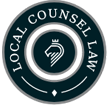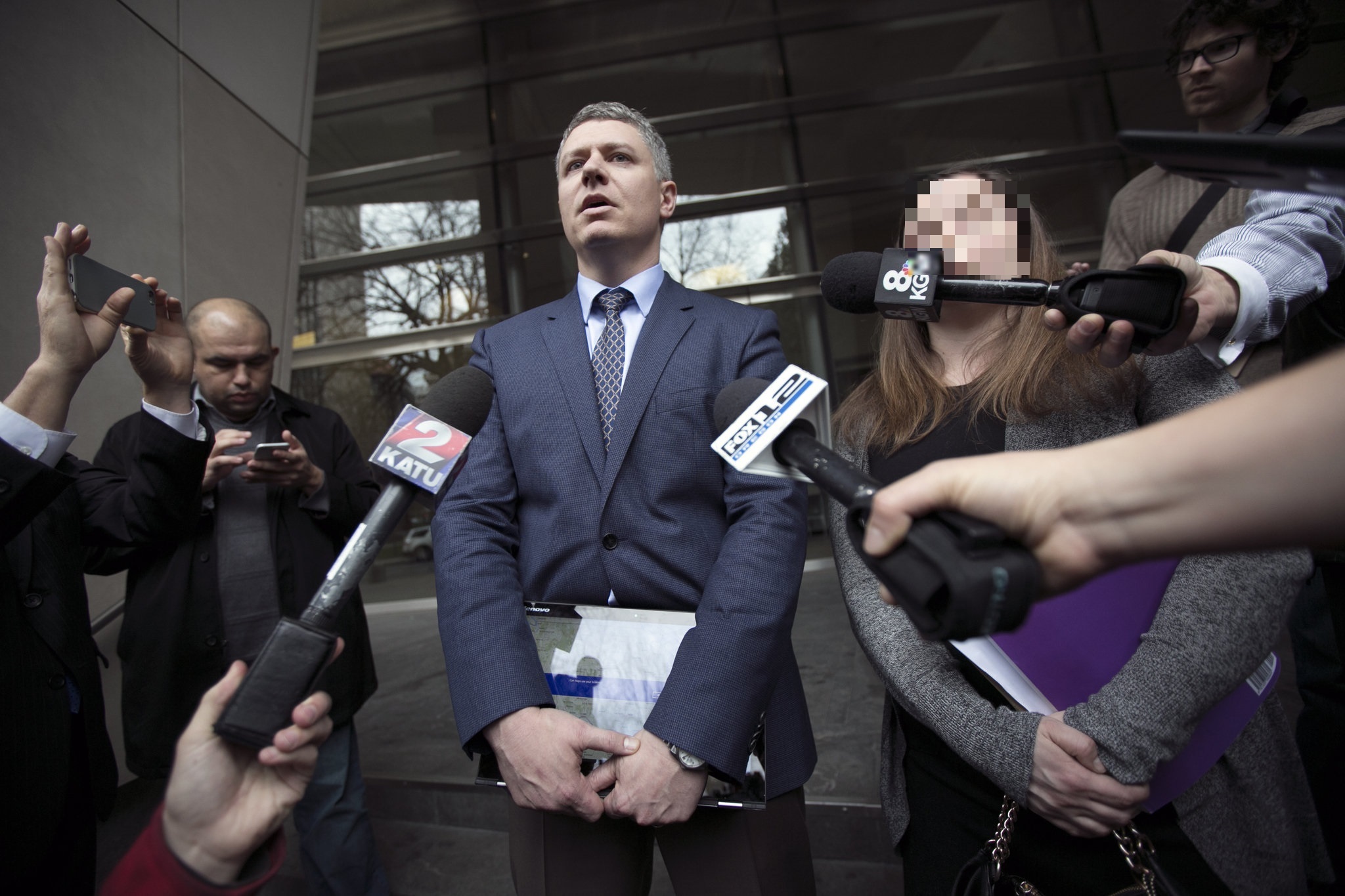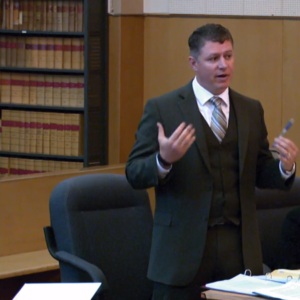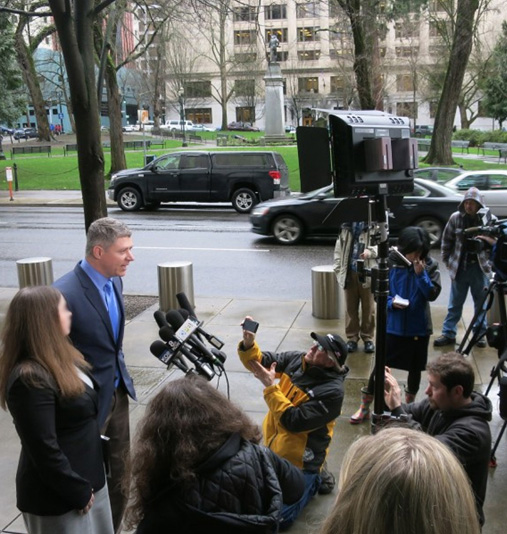Welcome to the Oregon Law Office of Mike Arnold, specializing in high-stakes and high-profile criminal defense (major felony, domestic violence, misdos), DUII (diversion or repeat), complex business & civil litigation (personal injury), and high-conflict family law across Oregon (including parental alienation and defeating liars and the lies they tell).
Founding attorney Mike Arnold and his team of skilled lawyers have a particular passion for the falsely accused in criminal cases, stalking/restraining orders, and parental alienation in Oregon child custody cases.
Confirmation Bias
In the realm of criminal investigations, particularly those involving allegations of sexual misconduct, the integrity of the investigative process is paramount. However, the phenomenon of confirmation bias can compromise this integrity, leading investigators to favor information that aligns with their preconceived notions while disregarding evidence to the contrary. This bias can transform investigators from impartial fact-finders into advocates for a particular narrative, thereby jeopardizing the pursuit of truth. In cases of false sexual assault allegations, the presence of confirmation bias can result in wrongful accusations and convictions. To address this issue, it is essential to consider the admissibility of expert testimony on confirmation bias to educate the jury about its potential impact on the investigative process.
Understanding Confirmation Bias
Confirmation bias is a cognitive tendency where individuals favor information that confirms their existing beliefs and discount information that challenges them. In the context of law enforcement, this bias can lead investigators to seek, interpret, and remember evidence in a manner that supports their initial assumptions about a case. Such a mindset can result in the collection of skewed evidence, overlooking exculpatory information, and ultimately, miscarriages of justice.
Impact on Police Investigations
Research has demonstrated that confirmation bias can significantly influence police investigations. Investigators may develop early hypotheses about a suspect’s guilt and subsequently focus on evidence that supports this view, while neglecting or undervaluing evidence that contradicts it. This selective information processing can lead to tunnel vision, where alternative explanations or suspects are not adequately considered. For instance, a study published in the Journal of Investigative Psychology and Offender Profiling highlighted that investigators with preconceived notions about a suspect’s guilt were more likely to interpret ambiguous evidence as incriminating.
Confirmation Bias in Sexual Assault Cases
In cases of alleged sexual assault, the stakes are particularly high, and the potential for confirmation bias can be pronounced. Investigators may be influenced by societal stereotypes, personal beliefs, or emotional responses, leading them to favor certain narratives over others. This bias can result in the dismissal of inconsistencies in the complainant’s account or the overlooking of evidence that may exonerate the accused. A comprehensive review in the Journal of Forensic Psychology Research and Practice discussed how confirmation bias could lead to the misinterpretation of victim behavior and the overestimation of the credibility of certain testimonies.
Admissibility of Expert Testimony on Confirmation Bias
The admissibility of expert testimony is governed by standards such as the Daubert standard, which assesses the relevance and reliability of the proposed testimony. Expert testimony on confirmation bias is pertinent in cases where there is a risk that the investigative process was compromised by such bias. Courts have recognized the value of expert insights into cognitive biases, acknowledging that such testimony can assist the jury in understanding complex psychological phenomena that are not within common knowledge. For example, in State v. Henderson, the New Jersey Supreme Court acknowledged the role of cognitive biases in eyewitness identifications and permitted expert testimony to educate jurors on these issues.
Relevance to the Current Case
In the present case involving allegations of sexual misconduct, there are indications that the investigation may have been influenced by confirmation bias. Investigators appeared to align themselves with a particular narrative early in the process, potentially neglecting evidence that could exonerate the accused. For instance, the investigators’ reactions to the accused’s statements-such as displaying disbelief or dismissiveness-suggest a lack of impartiality. Expert testimony on confirmation bias would provide the jury with a framework to understand how such biases can manifest in investigations, thereby enabling them to critically evaluate the evidence and the investigative process.
Conclusion
Confirmation bias poses a significant threat to the fairness and accuracy of criminal investigations, especially in sensitive cases involving allegations of sexual misconduct. Admitting expert testimony on confirmation bias is crucial to ensure that juries are informed about the potential for cognitive biases to influence investigative outcomes. Such testimony equips jurors with the necessary tools to assess the integrity of the investigation and to make informed decisions based on a comprehensive understanding of the evidence presented.
Apply to be a Client – Free Intake Team Consult
If you’re ready to secure robust, aggressive, and knowledgeable legal representation, contact the Law Office of Mike Arnold today for a free intake team consultation. Contact Information: Call 541-359-4585, schedule a free or paid intake call, or send an email to connect with our team.
































